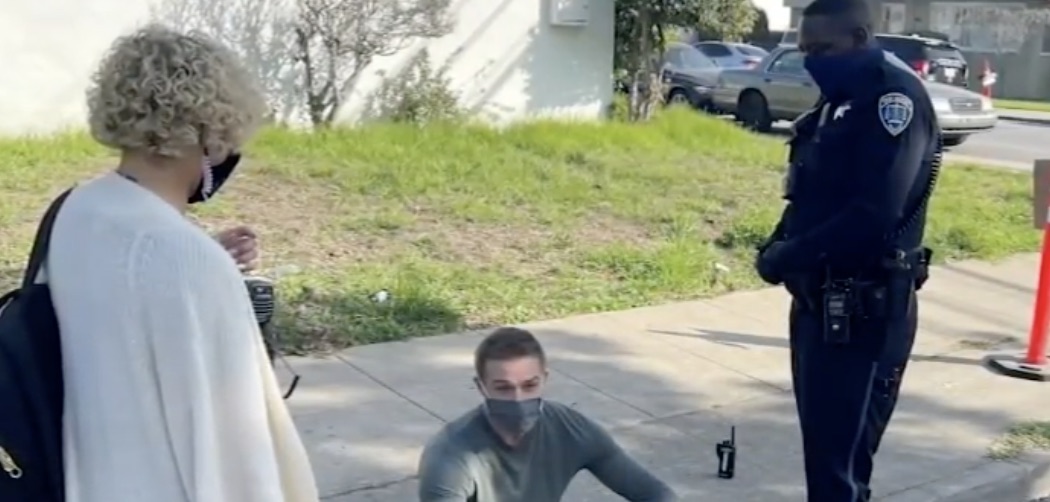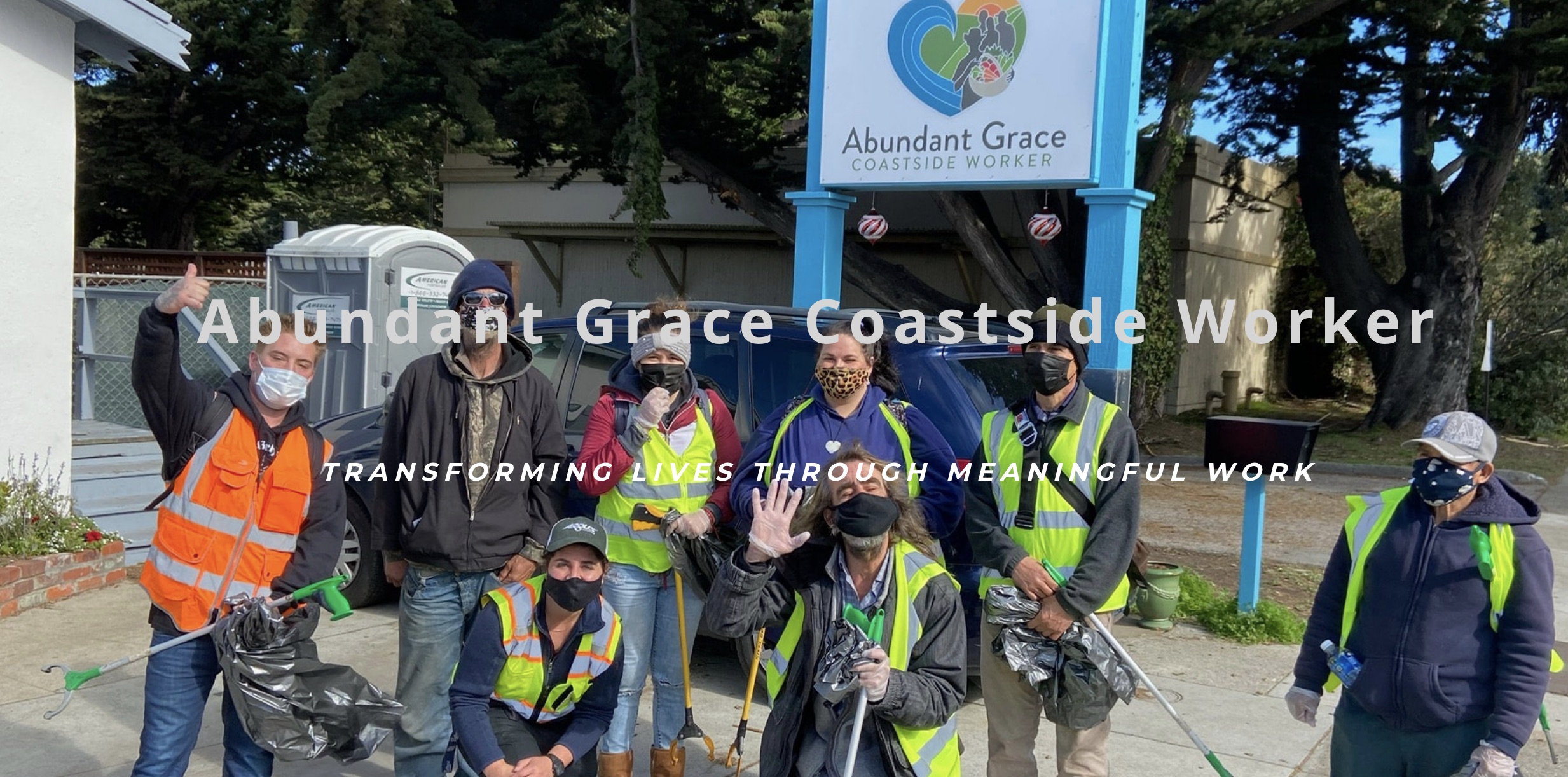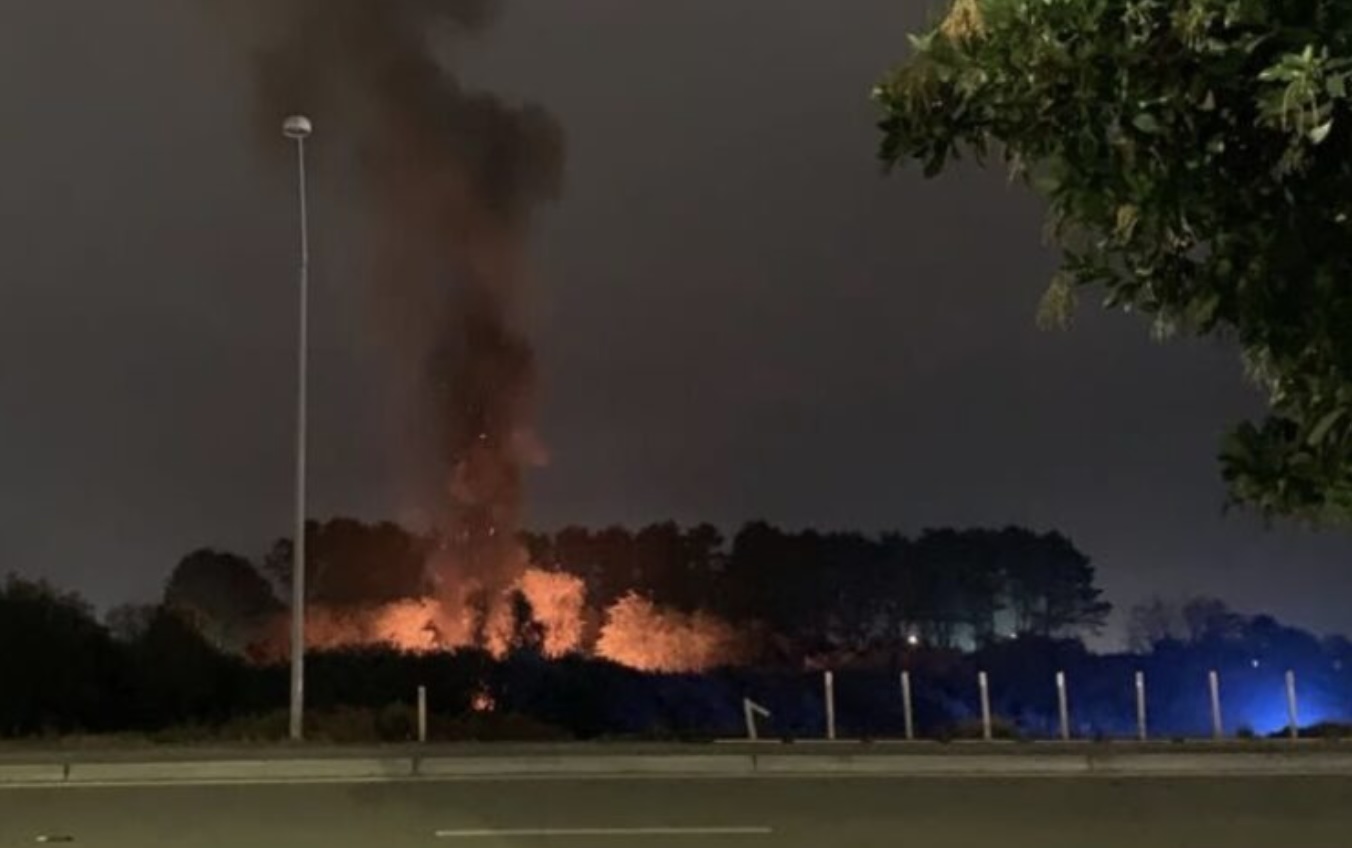|
Getting your Trinity Audio player ready...
|
PRESS RELEASE.
Clinicians pair with law enforcement in county’s four largest cities
Dec. 2, 2021
Redwood City — Mental health professionals will team with law enforcement in San Mateo County’s four largest cities as part of a pilot program aimed at de-escalating 9-1-1 calls and providing appropriate, compassionate care for non-violent individuals.

The pilot program launches Monday, December 6, 2021, in Daly City, San Mateo, Redwood City and South San Francisco. It’s set in motion with twin goals: provide an alternative to jail and overburdened hospital emergency rooms for non-violent individuals undergoing a behavioral health crisis and free up police officers.
The San Mateo County Board of Supervisors along with participating cities provide funding for what’s called the Community Wellness and Crisis Response Pilot Project.
“This program is intended to give law enforcement a resource by teaming a police officer with a mental health clinician that can help manage high-risk situations in a way that improves outcomes and public safety,” said Supervisor Don Horsley.
County Manager Mike Callagy echoed the sentiment.
“The County is proud to support such an important and necessary intervention which supports the safety of the individual in crisis and those around them,” Callagy said. “This provides another option for those who need mental health care rather than incarceration or hospitalization.”
The County’s Behavioral Health and Recovery Services (BHRS) has contracted with local nonprofit StarVista to train and supervise clinicians, who will be embedded with each city’s police department based on need.
Public safety 9-1-1 dispatchers will deploy the clinicians along with police officers to calls with individuals suspected of experiencing mental or behavioral health crises. Once officers declare the scene safe, clinicians will assess the individual and determine the best methods of immediate care.
BHRS Director Scott Gilman noted that there is no one single solution in crisis response and this new pilot provides another tool that officers can use.
“BHRS is proud to help bring additional mental health resources to local law enforcement response,” Gilman said. “The partnership among responding officers and mental health clinicians will provide additional tools to promote de-escalation and safe resolution.”
The John W. Gardner Center for Youth and Their Communities at Stanford University will independently evaluate the intervention and assessment methods used by the clinicians and cities to help refine the program as needed.
Under a cost-sharing agreement, the four participating cities will contribute $408,388 and the County will contribute $468,388 for each of two years, for a two-year total of approximately $1.5 million.
City Media Contacts:
Leslie Arroyo, South San Francisco communications director
Leslie.arroyo@ssf.net; (650) 829-6603
Alison Gilmore, San Mateo Police Department PIO
pdpio@cityofsanmateo.org; (650) 522-7626
Stephen Stolte, Daly City assistant city manager
sstolte@dalycity.org; (650) 991-8126
Jennifer Yamaguma, Redwood City communications manager
jyamaguma@redwoodcity.org; (650) 780-7305
4 San Mateo County police departments partner with mental health professionals for 911 calls
A New Partner for Police: Mental Health Professionals to Respond to 9-1-1 Calls for People in Crisis
Licensed clinicians to embed with police in Daly City, San Mateo, Redwood City and South San Francisco
Jan. 12, 2020
Redwood City – Health professionals will team with police to help people in a mental or behavioral health crisis in San Mateo County’s four largest cities.
The pilot program approved today by the San Mateo County Board of Supervisors seeks to defuse volatile 9-1-1 calls and provide appropriate care for non-violent individuals.
The licensed mental health clinicians will join law enforcement officers in Daly City, San Mateo, Redwood City and South San Francisco as they respond to individuals in a mental or behavioral health crisis. The County and cities expect to have the clinicians embedded in the departments by April.
“The goal of the immediate response will be to de-escalate the crisis and to support the safety of the individual in crisis, those around the individual, and all responding to the incident,” said Scott Gilman, director of County Health’s Behavioral Health and Recovery Services.
“The clinician will then assess the person suspected to be in mental health crisis and determine the best course of action” that can include a wide array of options including calling a person’s personal mental health professional, Gilman said.
Under the two-year agreement approved Tuesday, clinicians will work a 40-hour week with hours and availability based on each city’s needs. Clinicians will work in each city to build relationships and will be deployed by trained 9-1-1 dispatchers with the goal of being in the field able to respond.
If police determine the scene is safe, the clinician will assess the individual and, in collaboration with officers, help identify opportunities for intervention and care.
“Compassionate approach”
“The timing couldn’t be better as public safety incidents involving individuals with mental and behavioral health issues have soared during the pandemic,” said David J. Canepa, president of the Board of Supervisors.
“This is the compassionate approach to take and I have no doubt it will better the relationships between law enforcement and the public that can sometimes be strained,” he said.
Gilman estimates half of all individuals booked into San Mateo County jails have an underlying mental or behavioral health condition.
The National Alliance on Mental Illness says that people in a mental health crisis “are more likely to encounter police than get medical help. As a result, 2 million people with mental illness are booked into jails each year.”
A 2019 nationwide survey by the Treatment Advocacy Center, a Virginia-based nonprofit group, in cooperation with the National Sheriffs’ Association, found that 10 percent of law enforcement total budgets was spent responding to and transporting persons suffering from a mental illness.
“Offering mental health care on scene will help us de-escalate crises and achieve better outcomes for everyone involved,” said Shawnna Maltbie, city manager of Daly City, the county’s largest city by population. She called the partnerships involved as “leading by example.”
“Many community members have asked us to find new approaches for supporting those in mental health crisis,” said Diane Howard, mayor of Redwood City. “This collaboration with mental health professionals is an important step forward for our residents and employees.”
South San Francisco Mayor Mark Addiego said, “Working with the County and other local jurisdictions to offer this service shows our community that we are listening and making changes to better serve our residents in the future.”
“Safeguarding life for all community members”
The program – The Community Wellness and Crisis Response Pilot Project –builds upon local experience providing alternatives to jail and costly and often overburdened hospital emergency rooms for those undergoing a behavioral crisis.
This new program “allows law enforcement and mental health providers to work together to respond to incidents of behavioral crisis providing optimal support, safeguarding life for all community members,” said Ed Barberini, San Mateo Police chief.
“We are proud to be one of four cities in our county to pilot this innovative program, hopefully establishing the framework for other law enforcement agencies to follow in the future,” he said.
Independent Evaluation
Once the program is launched, the John W. Gardner Center for Youth and Their Communities at Stanford University will evaluate the intervention and assessment methods by the clinicians and cities.
The center will then work with all program partners to refine the program to better meet the needs of those in need of supportive services.
Under a cost-sharing agreement, the four cities together will contribute $408,388 and the County will contribute $468,388 for a total cost of $876,776 in the program’s first year and a two-year total of approximately $1.5 million. The agreement approved today is expected to go before each city council for a vote by the end of the month.





